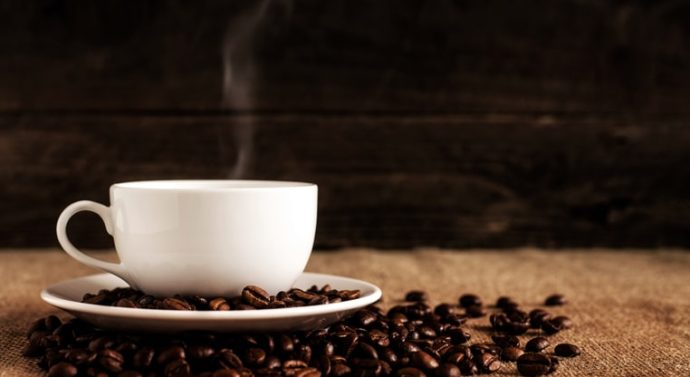
Alternatives to Caffeine During Finals
News November 22, 2019, Comments Off 356Finals seasons is approaching, which means late nights spent studying, finishing projects, and writing papers. Most students turn to caffeine to help them stay awake during their busiest time of the year. Students live off of coffee and energy drinks for a week in order to complete assignments and study for exams. Caffeine is an excellent stimulant to help you stay awake, but, it could be having harmful effects on your body.
How much caffeine is too much? As much as 400 milligrams of caffeine per day is safe for adults—that’s around four cups of coffee or two energy drinks. “Consuming more than 500-600 milligrams of caffeine a day may lead to insomnia, nervousness, restlessness, irrability upset stomach, a fast heartbeat and even muscle tremors,” according to the Mayo Clinic. Some people have a higher tolerance for caffeine and may not experience these side effects with the amount of caffeine listed above.
So, instead of downing multiple cups of coffee or energy drinks this finals season try alternative ways to stay awake and feel refreshed. Through diet and vitamin intake you can decrease tiredness and the compulsion to ingest caffeine.
“Including protein in your diet can help boost your mood, improve your concentration skills and increase your energy levels. Replacing your afternoon cup of coffee with a serving of protein can give you the same energy-boosting results. Dehydration can cause lack of energy and fatigue, so drinking more water can offer an alternative to fueling up on caffeinated beverages. B vitamins help your body metabolize the foods you eat, which means they’re essential for energy production,” says Livestrong’s website about energy boosts without caffeine.
This finals week avoid drinking excessive amounts of coffee, energy drinks or other caffeine filled beverages. Instead, try natural ways to boost energy and decrease the risk of developing negative side effects associated with too much caffeine intake.
Article written by Marissa Mayfield.